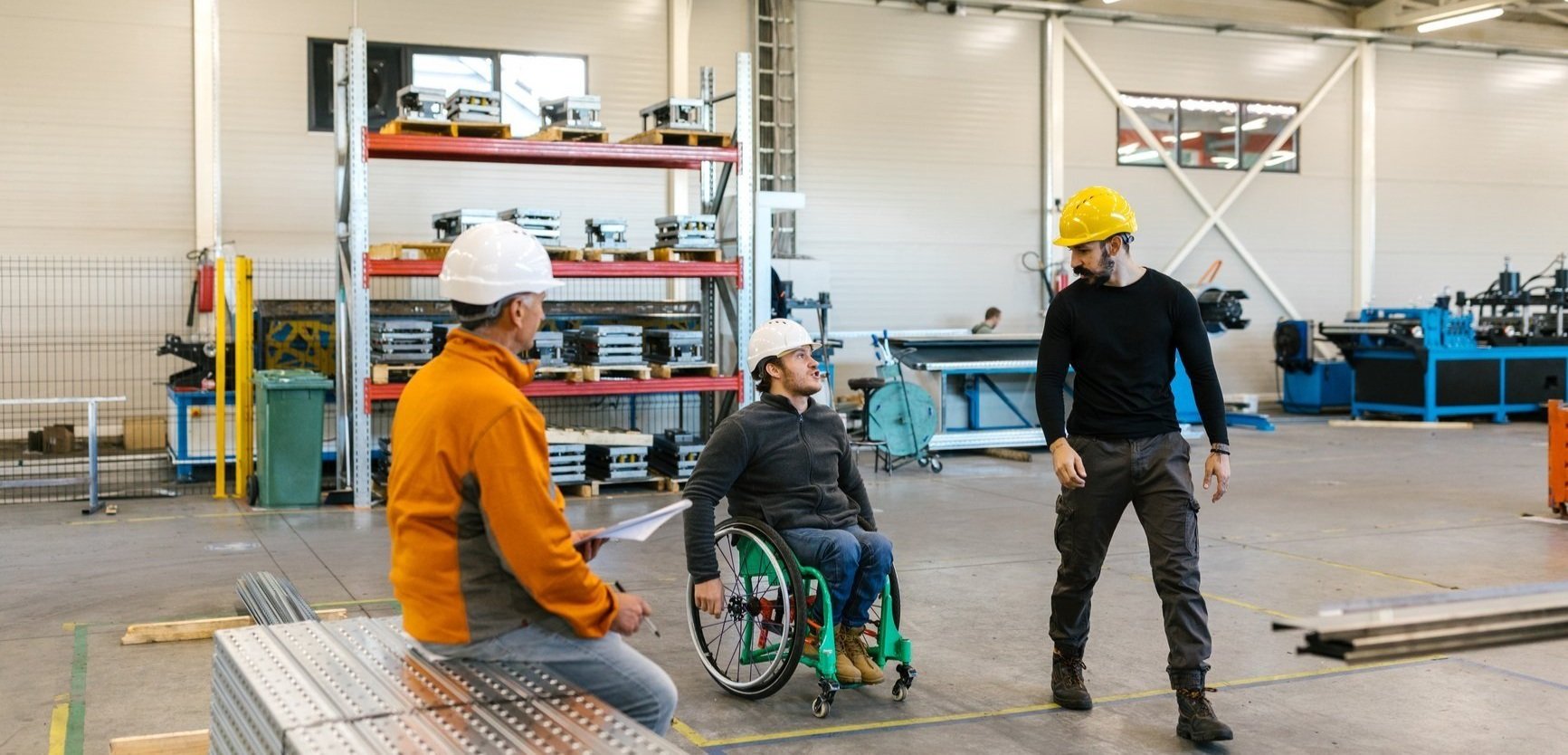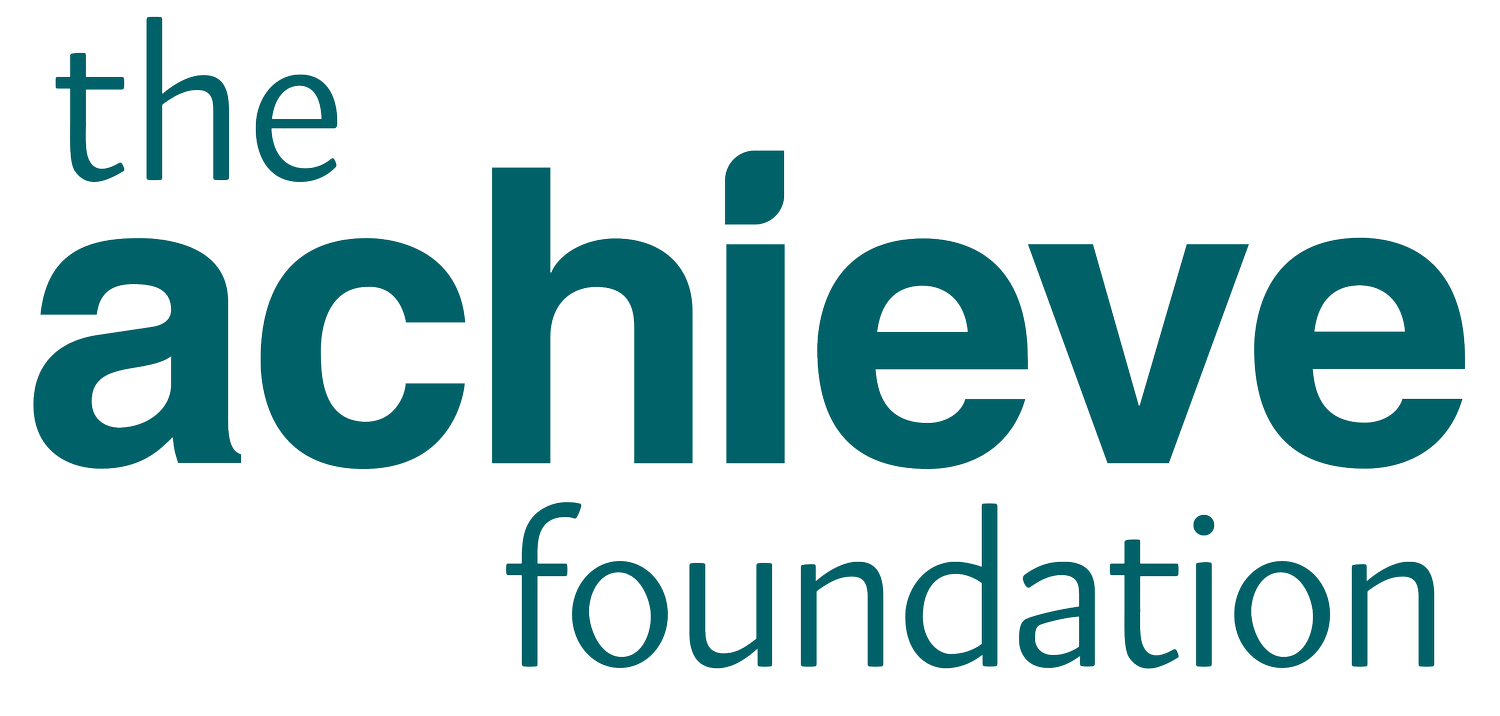
Inclusive mindsets and attitudes
Disability is part of being human. We want people to think about how these things are also part of being human:
People being interested, asking questions, listening
Friendships and connections
Having a role, and being valued
Feeling welcomed in public places
If people can think about those things, then they can also see that:
Being welcomed makes you feel good. It allows you to be the ‘best you’.
Being excluded or treated as invisible does not get the best out of you.
The preconceptions and expectations of others affect us all. But for people with disability, other people’s attitudes can disproportionately confine and obstruct.
Most people don’t go out to discriminate and exclude
Over time, our communities and societies have just developed ways that make discriminating against people with disability part of our systems and mindsets.
Current projects
Most Australians want everyone to feel included. The Achieve Foundation has a bold vision of an inclusive Australia for people with disability. The Achieve Foundation applies an evidence-based, collaborative approach towards incremental but meaningful change that will benefit and enrich Australia. Below are our current projects.
Changing Community Attitudes on Disability
Implementation with partners in housing and industry to change attitudes on disability housing.
Read our article on Mapping public thinking to shift culture on disability in Australia.
Inclusive Governance for Disability Service Providers
Achieve Australia has committed to an ambitious inclusive-governance agenda that will make a substantial contribution to understanding the related processes and bringing people with disability into all levels of operations and decision-making.
Developing a New Practice Framework
A practice framework for disability service providers needs to describe how to deliver high-quality services that place the voice of people with disability at the centre.
"Inclusion is a basic human need. Remember the last time you were excluded from an experience you cared about? Remember how that felt; how the hurt twisted in your stomach and made your skin crawl? Nobody wants to be excluded. This work matters.”
– Kirsty Nowlan
Supporting research
A new approach to philanthropy, disability and inclusion will also build on thoughtful practice around the world, and place people with disability at the centre to generate solutions that work
Research guides our projects and approaches, and means The Achieve Foundation ensures as many people as possible are supported across:
Geographical regions
Ages and other demographics
Modes of accommodation
Support needs
FrameWorks
Changing Community Attitudes project has examined what Australians think about disability and what inclusion means for people with disability.
Quality Champions
The Quality Champions program gives people with disability a way to express how formal disability services foster or hinder inclusion, to enable improvements in the services they receive.
The Case of the Missing Foundation(s)
Disability advocates have spent decades working to shift the conversation away from disability ‘types’ towards the barriers to inclusion. This study has found disability philanthropy remains highly specialised without any direct focus on inclusion.

